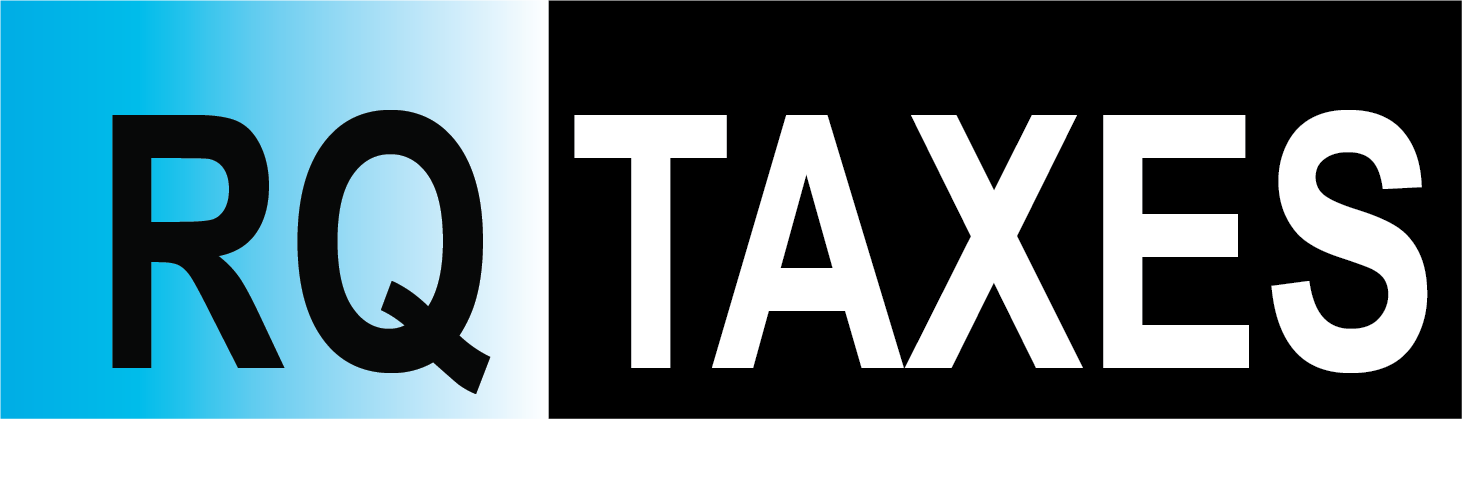We give the best Services
A trademark is a distinctive symbol, word, phrase, design, or combination thereof that identifies and distinguishes the source of goods or services of one party from those of others. Registering a trademark provides legal protection and exclusive rights to use the mark in connection with specific goods or services. Here’s a guide to trademark registration:
1. Types of Trademarks:
- Word Mark: Consists of words, letters, or numerals (e.g., company name, slogan).
- Logo Mark: Consists of a graphical element, design, or stylized representation.
- Combined Mark: Includes both words and a graphical element (e.g., company name with a logo).
2. Benefits of Trademark Registration:
- Exclusive Rights: Grants the owner exclusive rights to use the trademark for the specified goods or services.
- Legal Protection: Provides legal recourse against infringement and unauthorized use by others.
- Brand Recognition: Builds brand recognition and establishes a distinct identity in the market.
- Asset Value: Trademarks can be valuable assets and may be licensed or sold for commercial purposes.
3. Trademark Registration Process:
a. Trademark Search: Conduct a comprehensive trademark search to ensure the availability of the mark and avoid conflicts with existing trademarks. b. Application Filing: File a trademark application with the relevant intellectual property office (e.g., Trademark Registry in India) in the prescribed format. c. Examination: The trademark office conducts an examination to verify compliance with legal requirements, distinctiveness, and prior conflicting marks. d. Publication: If the trademark application meets all requirements, it is published in the trademark journal for public notice. e. Opposition Period: A period is provided for third parties to oppose the trademark registration if they believe it conflicts with their rights. f. Registration: If there are no oppositions or objections, and the application meets all criteria, the trademark is registered, and a registration certificate is issued.
4. Trademark Registration Requirements:
- Applicant Details: Name, address, and nationality of the applicant (individual, company, or entity).
- Trademark Details: Description of the mark, class of goods/services, and usage details.
- Representation: Clear representation of the trademark (word mark, logo, or combined mark).
- Power of Attorney: If filing through a representative or attorney, a power of attorney may be required.
- Fees: Payment of applicable fees for trademark search, application filing, and registration.
5. Trademark Renewal:
- Trademarks are typically valid for a specific period (e.g., 10 years) and can be renewed indefinitely by filing a renewal application and paying the renewal fees.
- Renewal ensures continued protection and rights over the trademark.
6. Trademark Symbols:
- ™: Used for unregistered trademarks to indicate common-law rights.
- ®: Used for registered trademarks to indicate official registration and legal protection.
7. Enforcement and Protection:
- Enforce your trademark rights against unauthorized use, infringement, counterfeiting, or dilution by taking legal action through cease-and-desist letters, litigation, or other means.
- Monitor the market for potential infringement and take prompt action to protect your trademark.
8. Professional Assistance:
- Consider consulting with trademark attorneys, intellectual property experts, or legal advisors for guidance on trademark registration, enforcement, and protection strategies.
Trademark registration is a critical step in protecting your brand identity, preventing confusion among consumers, and securing exclusive rights to your business’s unique symbols, names, or designs.
Contact
- 3111 West Allegheny Avenue Pennsylvania 19132
-
1-982-782-5297
1-982-125-6378 - support@consultio.com






